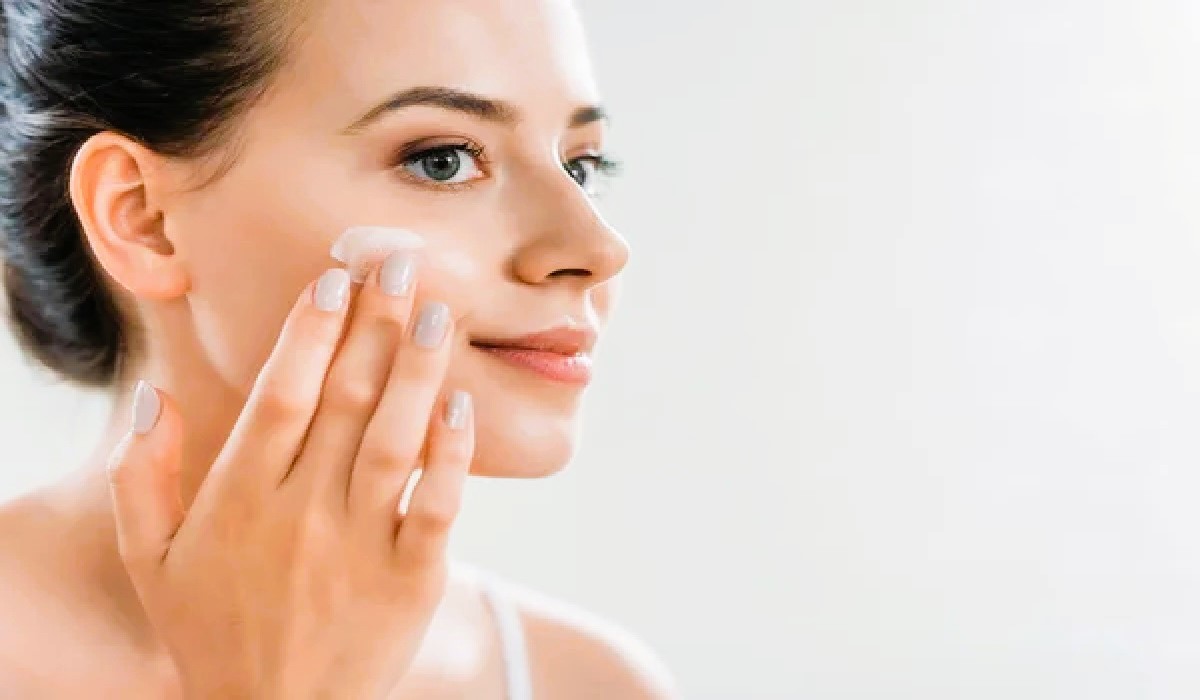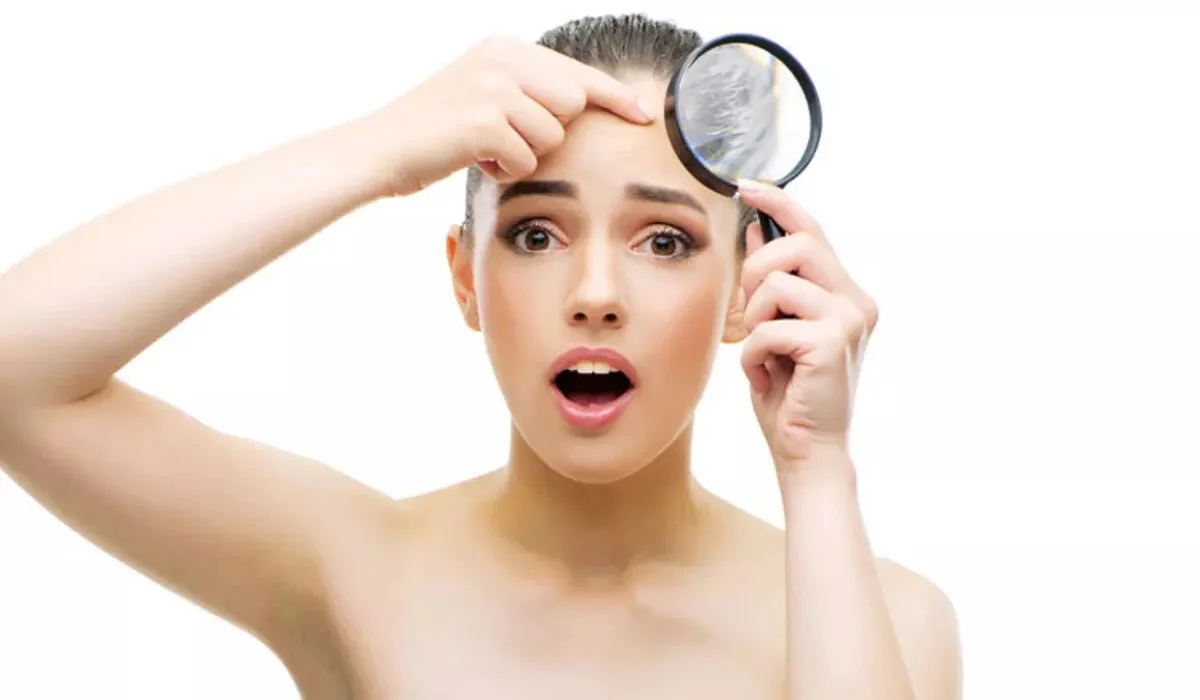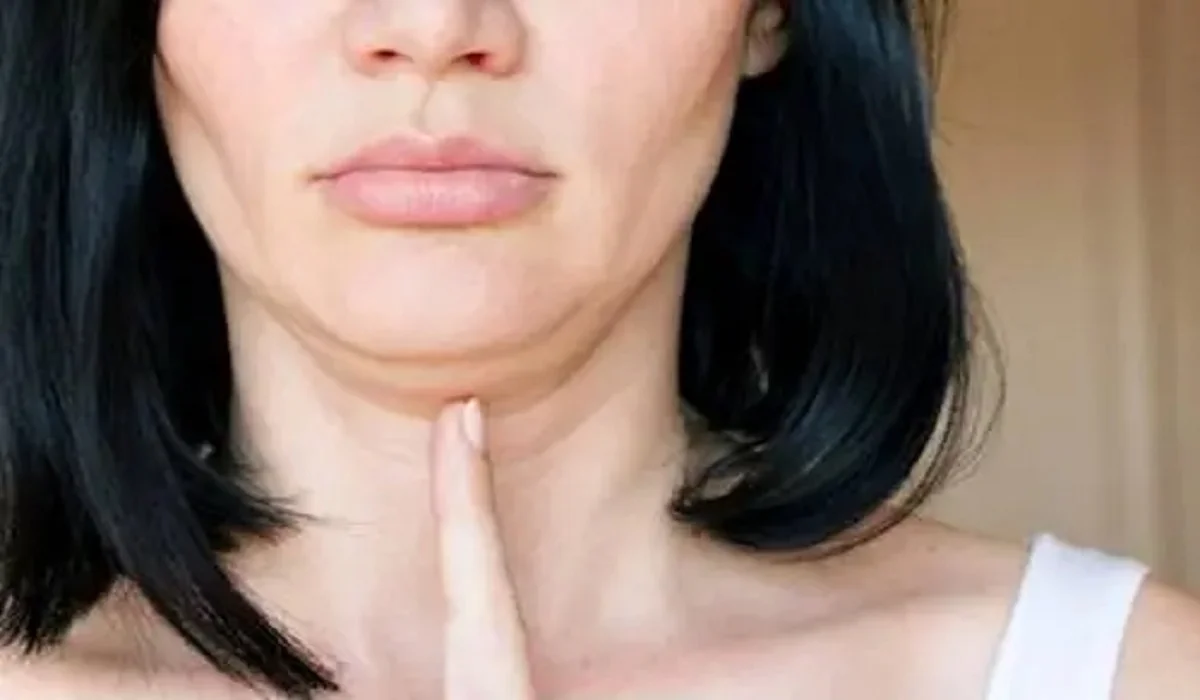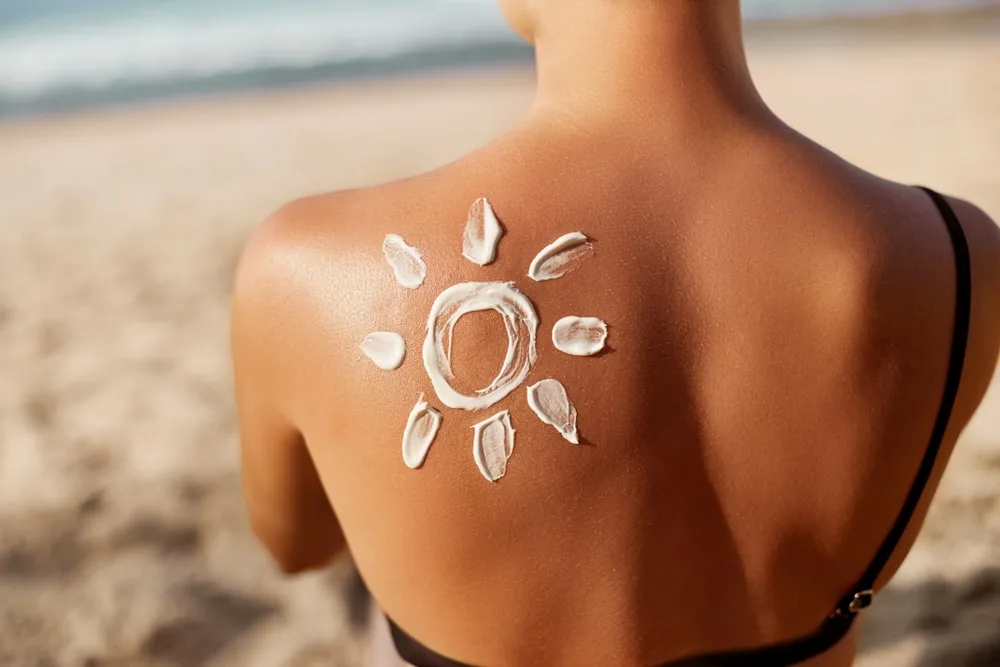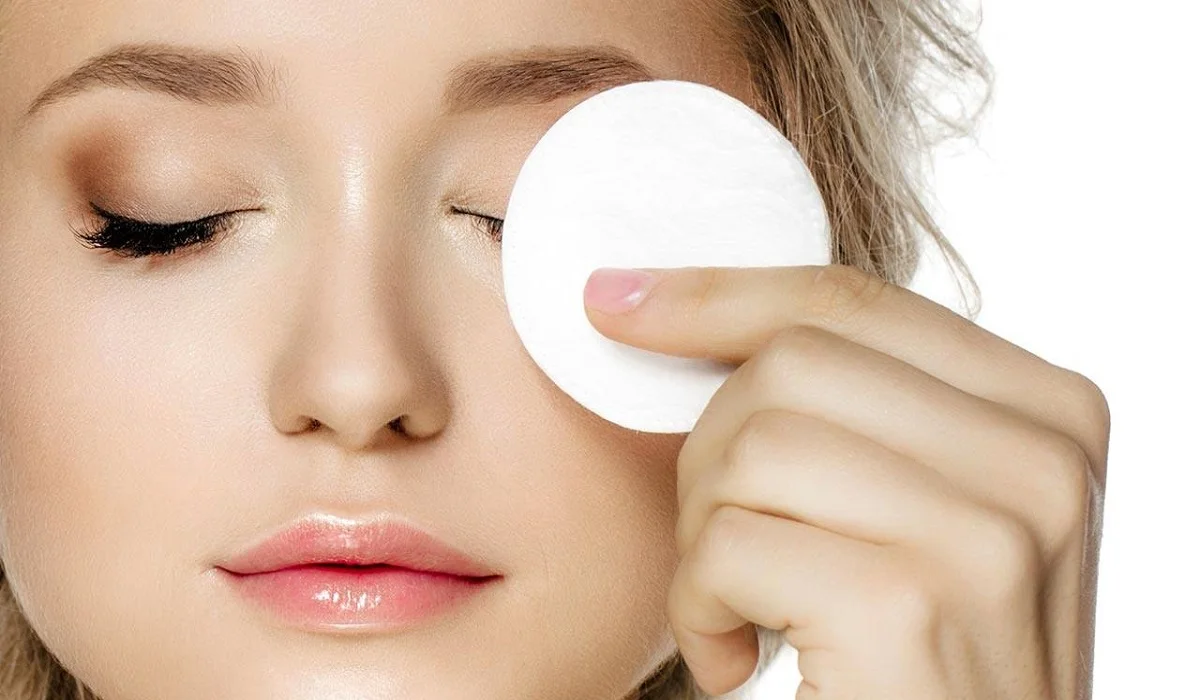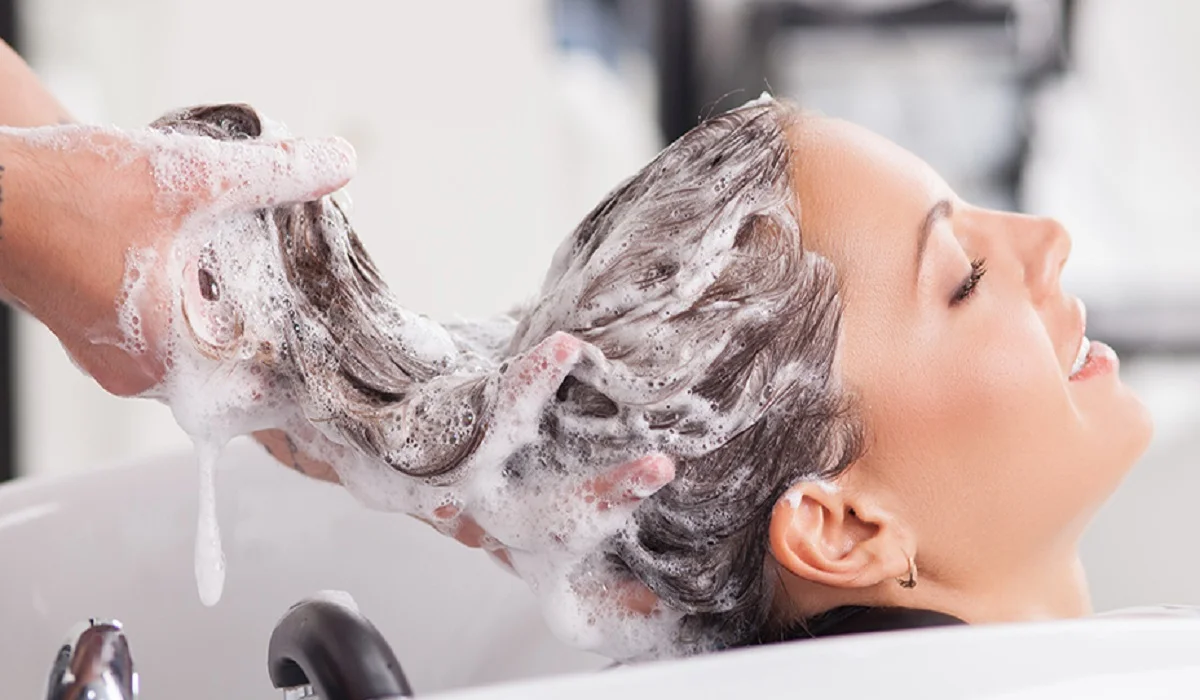Acne is more than just a skin condition; it’s a common struggle that affects millions worldwide. Whether you’re a teenager grappling with hormonal changes or an adult dealing with stress-induced breakouts, the quest for clear skin can seem endless. This guide dives deep into understanding acne, debunking myths, and providing a clear path to achieving and maintaining acne-free skin. Understanding Acne Causes Exploring the Root Causes of Acne Acne is primarily caused by the overproduction of oil, clogged hair follicles, bacteria, and inflammation. Hormonal fluctuations, particularly during puberty, pregnancy, and certain periods of adult life, play a significant role. Genetics can also predispose individuals to acne, making some more likely to experience severe forms than others. The Psychological Impact of Acne The effects of acne extend beyond the skin. It can severely impact self-esteem and mental well-being, leading to social withdrawal, anxiety, and depression. Acknowledging this aspect is crucial for a holistic approach to acne treatment, emphasizing the importance of addressing both physical and psychological health. The Science of Acne Differentiating Types of Acne Understanding the types of acne (such as blackheads, whiteheads, papules, pustules, and cystic acne) is fundamental in choosing the right treatment. Each type has unique characteristics and requires specific approaches to treatment. Unpacking the Causes of Acne The formation of acne involves complex biological processes, including the overproduction of sebum, proliferation of acne-causing bacteria, and inflammation of the skin. Lifestyle factors, such as diet and stress, can exacerbate these processes. Myths vs. Facts About Acne Debunking Common Acne Myths There are numerous myths surrounding acne, such as the idea that chocolate and greasy foods cause breakouts, or that sun exposure can cure acne. It’s vital to separate myth from fact to avoid counterproductive treatment efforts. The Truth Behind Home Remedies While some home remedies may offer mild benefits, others can aggravate the skin. Understanding which natural ingredients are scientifically backed is key to incorporating them safely into your skincare routine. Essential Skincare Routines Crafting a Daily Skincare Routine A gentle yet effective skincare routine is paramount for managing acne-prone skin. This includes cleansing, moisturizing, and applying treatments that target acne without over-drying or irritating the skin. Key Products for Your Skincare Arsenal Certain ingredients, such as salicylic acid, benzoyl peroxide, and retinoids, are proven to combat acne. Understanding these ingredients and their proper use is essential for curating an effective skincare regimen. Professional Treatments for Acne Recognizing When to Consult a Dermatologist Knowing when to seek professional help can save time and prevent scarring. Dermatologists can offer personalized advice, prescribe medications, and recommend treatments like chemical peels and laser therapy. Overview of Popular Acne Treatments There’s a range of professional treatments available for acne, including prescription-strength topical and oral medications, light therapy, and dermatological procedures. Each has its benefits and suitability depending on the type and severity of acne. Natural Remedies and Their Efficacy Evaluating DIY Natural Solutions Natural remedies can be a supplementary approach to acne treatment. Ingredients like tea tree oil and green tea have shown promise in reducing inflammation and acne severity. Balancing Natural Remedies…


